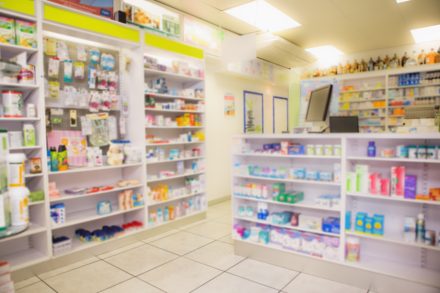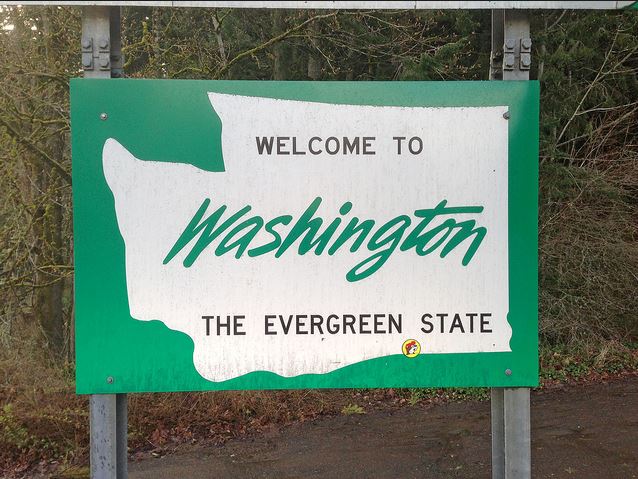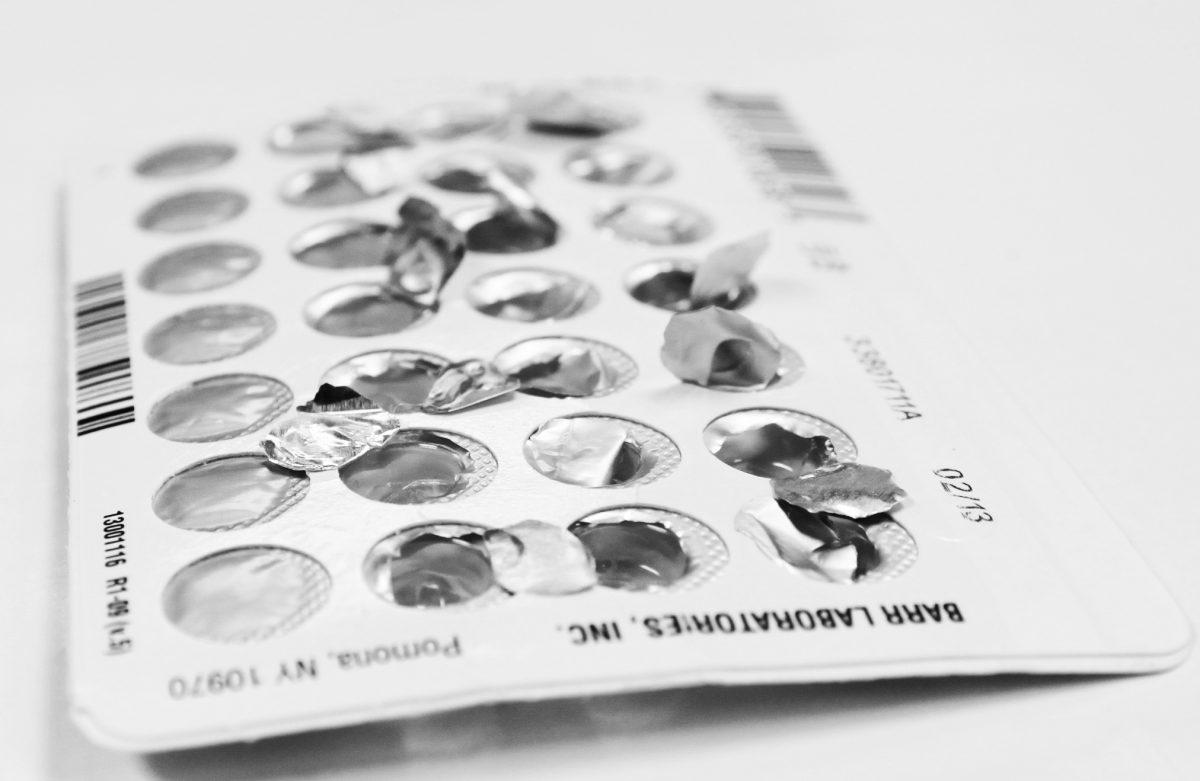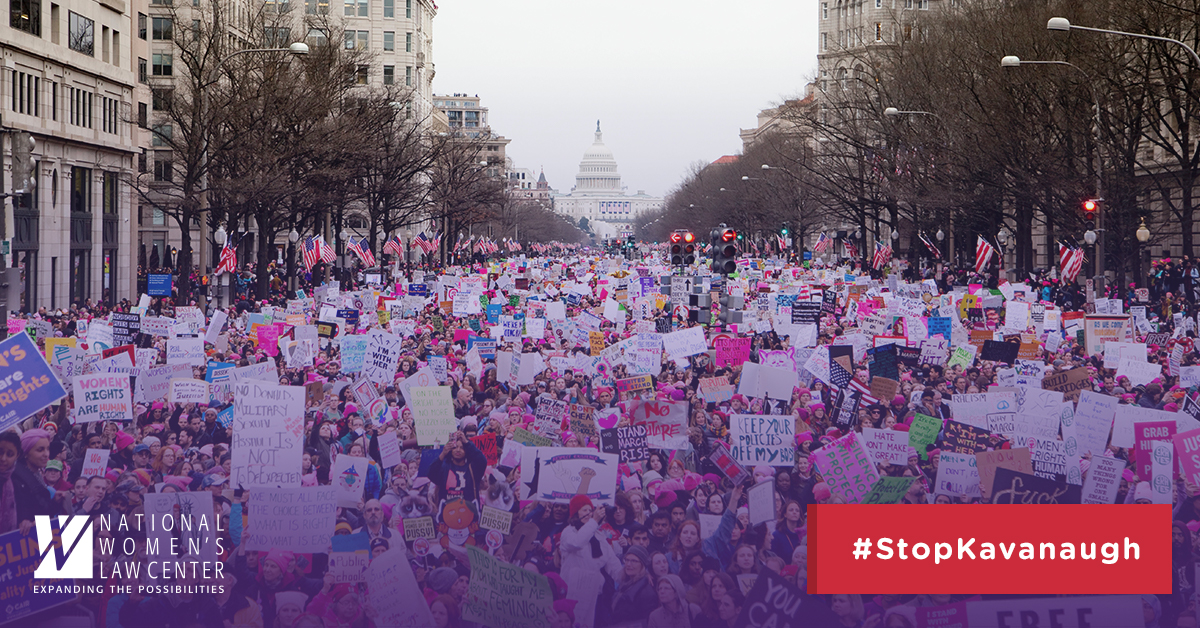As a second Trump administration approaches, we’re running out of time to confirm as many federal judges as possible to provide a check on his presidential power and curb his stated policy priorities.
Coming Soon to a Shelf Near You: A New Label on Emergency Contraception
 You may be familiar with the over-a-decade long battle to get emergency contraception (EC) available without a prescription. As a refresher, EC is an FDA-approved form of birth control that prevents pregnancy after unprotected sex, birth control failure, or sexual assault. Like other forms of birth control, EC is critical to preventing unwanted pregnancies and to enabling women to control the timing and spacing of their pregnancies. But EC is most effective when taken within a short time frame after unprotected sex, so it is particularly important for women to be able to access EC immediately when they need it.
You may be familiar with the over-a-decade long battle to get emergency contraception (EC) available without a prescription. As a refresher, EC is an FDA-approved form of birth control that prevents pregnancy after unprotected sex, birth control failure, or sexual assault. Like other forms of birth control, EC is critical to preventing unwanted pregnancies and to enabling women to control the timing and spacing of their pregnancies. But EC is most effective when taken within a short time frame after unprotected sex, so it is particularly important for women to be able to access EC immediately when they need it.
When EC was originally approved by the FDA, it required women to get a prescription, and getting that prescription caused real delays for women who needed EC. First, they had to see a health care provider to get the prescription, then get to a pharmacy and wait for a prescription to be filled. With every extra step a woman had to take to get EC, using it became less and less effective to prevent pregnancy. So, advocates started pushing for the FDA to approve it for sale over-the-counter, meaning it would be available on store shelves for easy purchase by anyone who needed it exactly when they needed it.
Advocates won big in this fight a few years ago, and now there’s even more good news. Labels on generic EC are catching up to what’s been true for a while: anyone can purchase EC without a prescription, no matter their age. The label change is important because it should help clear up some of the misinformation about who can buy EC without a prescription. The American Society for Emergency Contraception has reported that there is much confusion about the age restriction among pharmacists and staff at places that sell EC. Unfortunately, this confusion can mean that women are asked for identification when it isn’t necessary or even not allowed to purchase EC. Hopefully, with consistency across EC labels, people who work at places that sell EC will no longer be confused and women will face fewer barriers to accessing the care they need.




